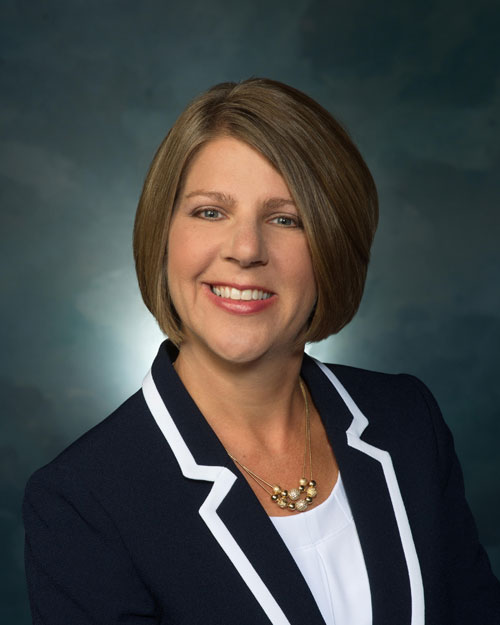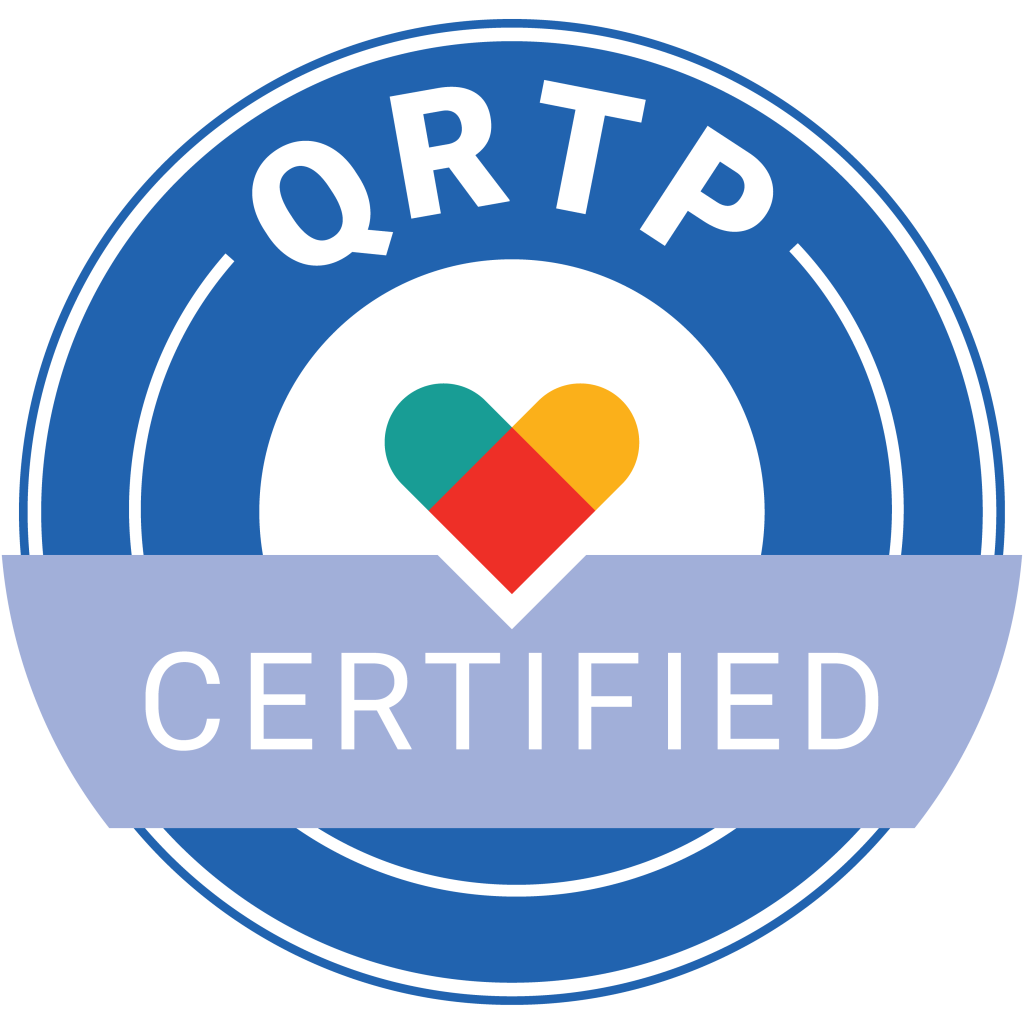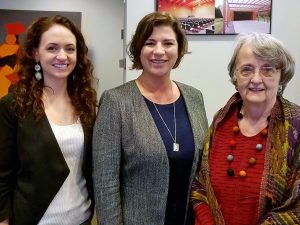The new Family First Prevention Services Act (FFPSA) has generated many questions about the timing of when each state will decide to implement the regulations and, in turn, when the new category of residential settings called Qualified Residential Treatment Programs (QRTPs) are required to become nationally accredited. Accreditation for qualified residential treatment programs has thus become a hot topic for such centers.
FFPSA is changing the face of child welfare by authorizing federal dollars to support prevention services for children identified as being in “imminent risk” of entering foster care. It also shifts the focus from relying on congregate or group care settings to keeping children in family-like atmospheres – specifically foster family homes.
Under FFPSA, with limited exceptions, states will be able to dedicate federal Title IV-E funding for children’s care maintenance payments in a residential setting after the first two weeks of placement. Approved settings, including the new QRTPs, must use a trauma-informed treatment model and employ registered or licensed nursing staff and other licensed clinical staff who are onsite according to the treatment model and available 24 hours a day and seven days a week.
The law institutes other requirements related to formal assessments of children that ensure the appropriateness of the placement, family engagement and aftercare support for at least six months post-discharge. For additional information, visit: http://www.ncsl.org/research/human-services/family-first-prevention-services-act-ffpsa.aspx
States’ Decisions – To Delay or Not Delay?
FFPSA specifies that to be considered as an official QRTP, the program must be licensed and accredited by a Department of Health and Human Services-approved accreditation agency: Commission on Accreditation of Rehabilitation Facilities (CARF), Joint Commission on Accreditation of Healthcare Organizations or Council on Accreditation (COA) by October 1, 2019, unless a state requests a delay for up to two years.
States are presently weighing their options to request a delay or “opt-in” to comply with the new restrictions regarding reimbursement. States must submit their request to the HHS Children’s Bureau by November 9, 2018 if they intend to delay the effective dates of certain provisions in the Family First act. However, states may still change their decision after their plan has been submitted, so nothing is definitive at this point – except that QRTPs will need to become accredited.
A number of service providers are opting to wait and see if their state will delay the effective dates with the hope that this will provide additional time to become nationally accredited. However, a delay in accreditation for qualified residential treatment programs is a gamble on the service provider’s future.
“I recommend that non-family-based care providers like group homes or residential programs who wish to become a licensed QRTP, begin the process of accreditation now,” said Leslie Ellis-Lang, Managing Director, Child and Youth Services at CARF. “It is the safest action.”
Accreditation for Qualified Residential Treatment Programs
Most service providers require 12 to 18 months or more to become nationally accredited. With the initial effective date of October 1, 2019 one year away (unless a state delays enactment), there is still some time to complete the process.
To meet the FFPSA deadline, organizations must consider the time necessary to:
- Select an accrediting body
- Secure budgetary allotment and board approval
- Develop accreditation-required plans, including an organization-wide strategic plan, among others
- Prepare standards-compliant policies, procedures and protocols
- Implement accreditation standards (both CARF and COA require six months of conformance with standards before an onsite survey may take place; Joint Commission does not require this “look back”)
- Make operational, service delivery and facilities improvements, as necessary
- Prepare staff and board members for the accrediting body’s onsite survey
Accreditors’ Efforts and Deadlines
Under such a sweeping federal mandate as FFPSA, thousands of organizations throughout the United States will apply for accreditation at the same time, which can strain the capacity of the accrediting bodies.
The good news is that each of the three (presently) approved agencies (CARF, COA, Joint Commission) have been proactively preparing for this onslaught of new applicants by increasing their operational staff and adding surveyors to conduct the onsite reviews.
Yet each accrediting body has its own timeline, based on when applications are due and the scheduling of onsite surveys. Regardless of which body is selected, an organization should generally estimate that it will take at least 12 months to achieve accreditation.
In order to complete the process and receive accreditation by October 1, 2019, organizations must submit their application and deposit by the following deadlines:
CARF:
CARF recommends that organizations choosing to use the 2018 Child and Youth standards for their survey and wanting to be notified of their outcome prior to October 1, 2019, should submit their application by December 31, 2018.
COA:
COA’s application deadline for organizations working toward the October 1, 2019 benchmark is November 19, 2018.
Also, in October 2018, COA will provide an application fee refund (in the form of a credit against future fees) for organizations that are mandated by FFPSA and are pursuing accreditation for the first time. An organization must complete its initial application by October 3 and fully execute an accreditation agreement by October 31, 2018 in order to receive this benefit.
The Joint Commission:
To complete the accreditation process and receive a Joint Commission accreditation award by October 1, 2019, organizations are “strongly encouraged” to submit an application and deposit by December 31, 2018 with a request for onsite survey (“ready date”) of no later than April 1, 2019.
Regardless if a state decides to opt-in or delay the FFPSA regulation and requirement for QRTPs, all service providers are strongly encouraged to begin the road to national accreditation as soon as possible. No matter what a particular state decides to do, the mandate is here to stay. Don’t gamble on your organization’s future!
Accreditation Guru is available to assist in the accreditation for qualified residential treatment programs, child welfare and behavioral healthcare organizations nationwide as they navigate the road to accreditation in an efficient and streamlined manner. For more information, contact us at Info@AccreditationGuru.com.









